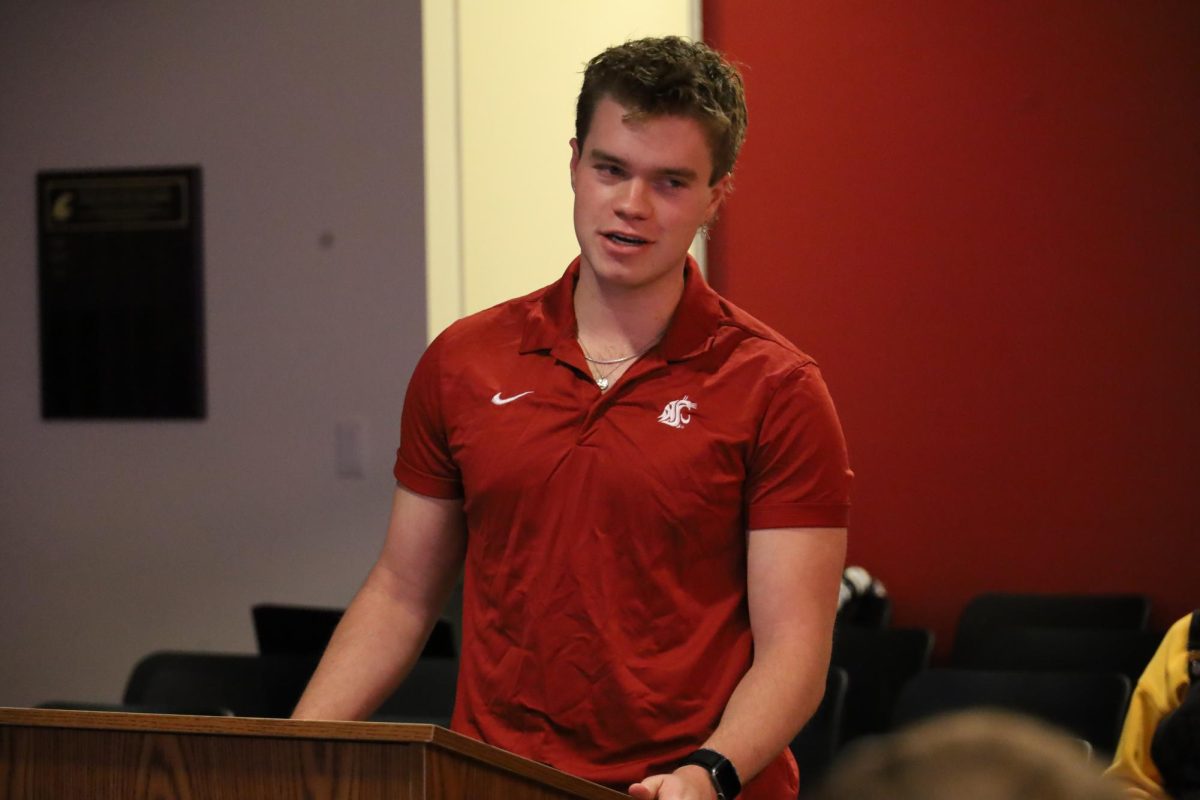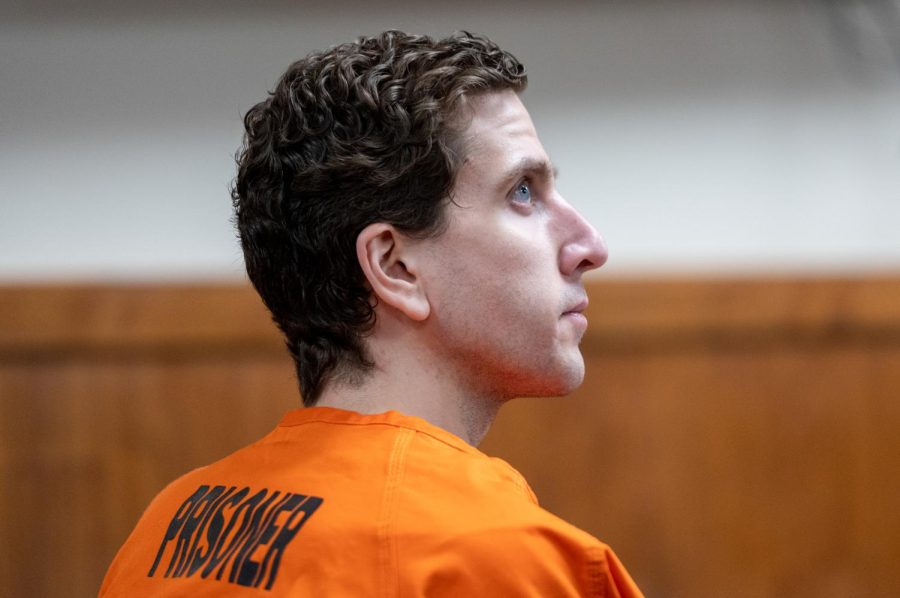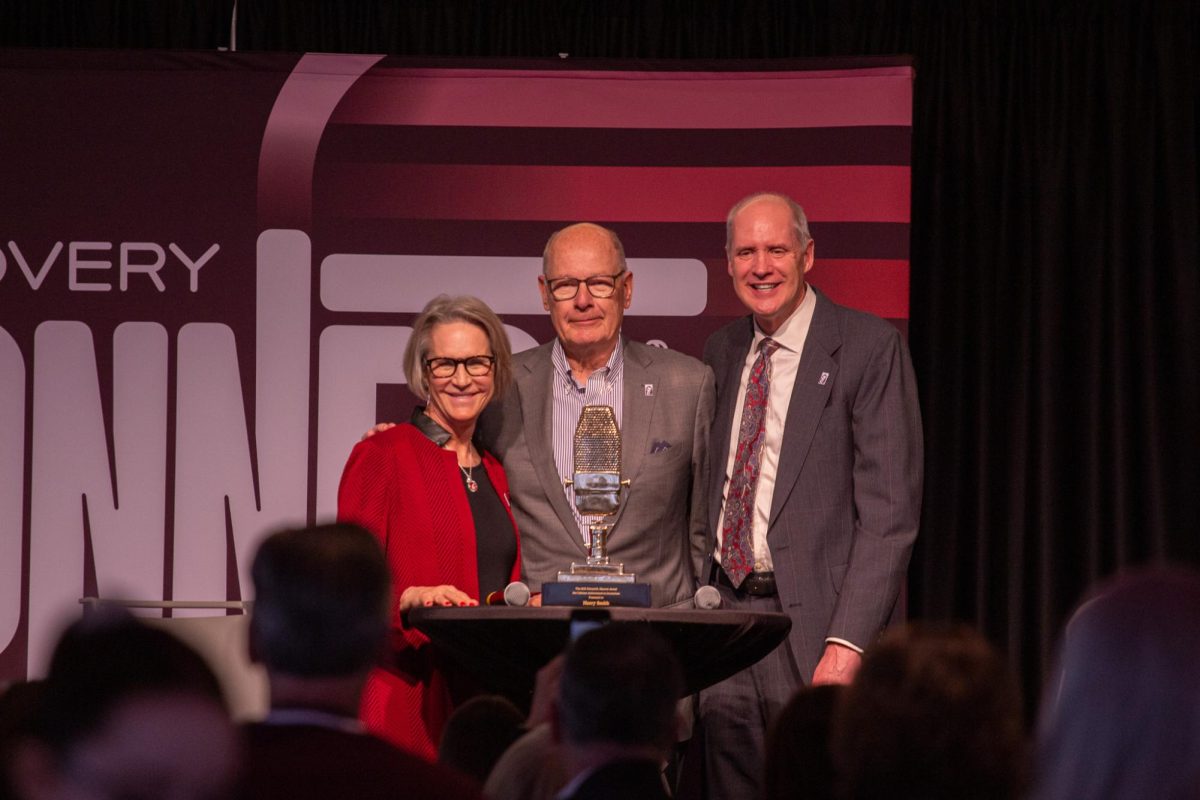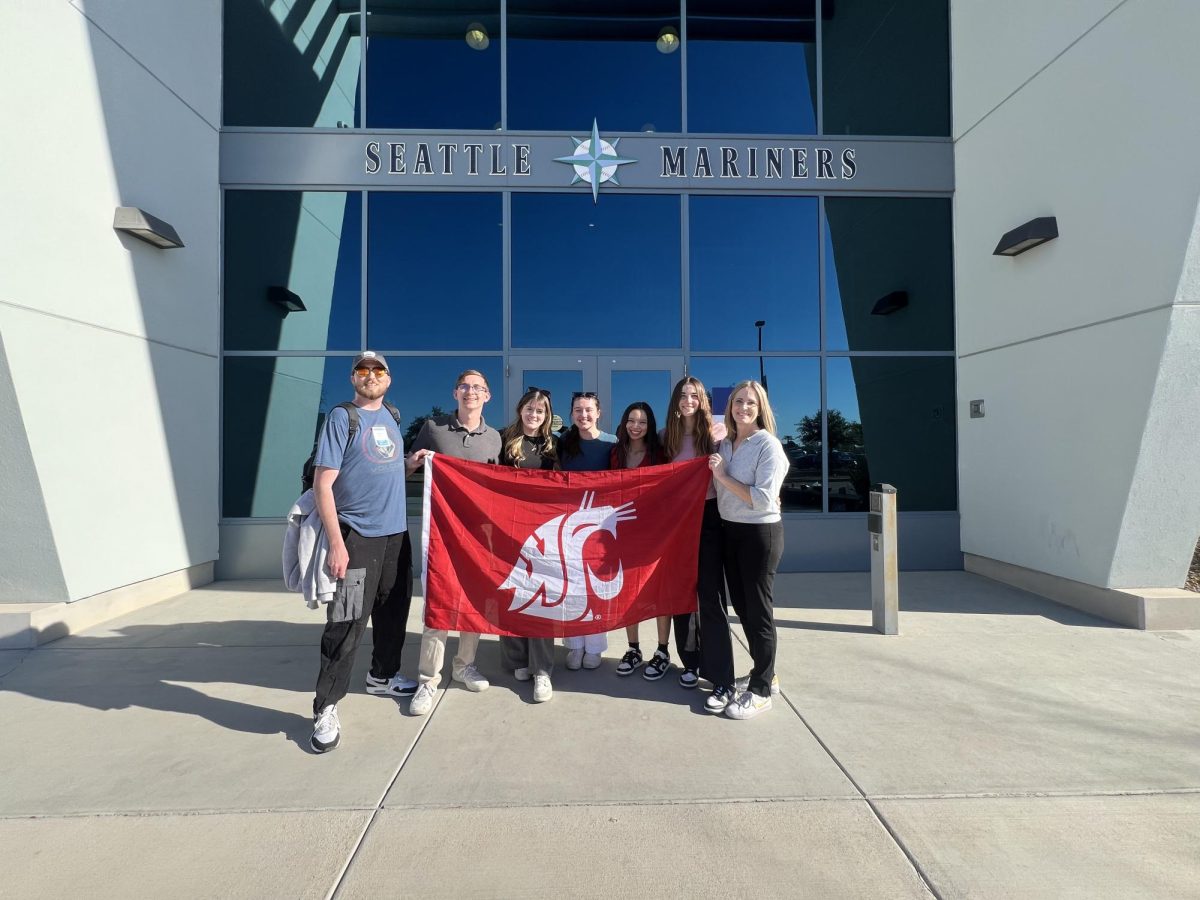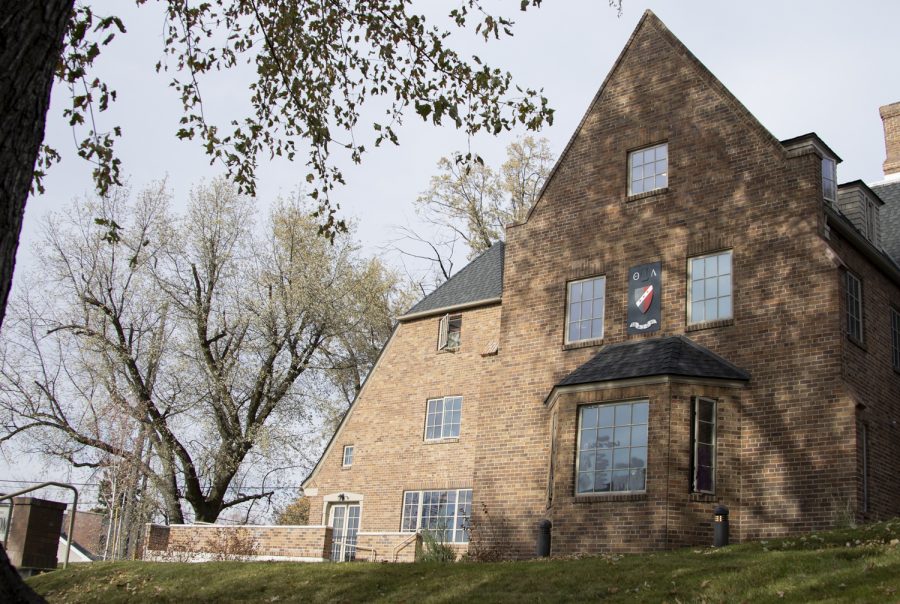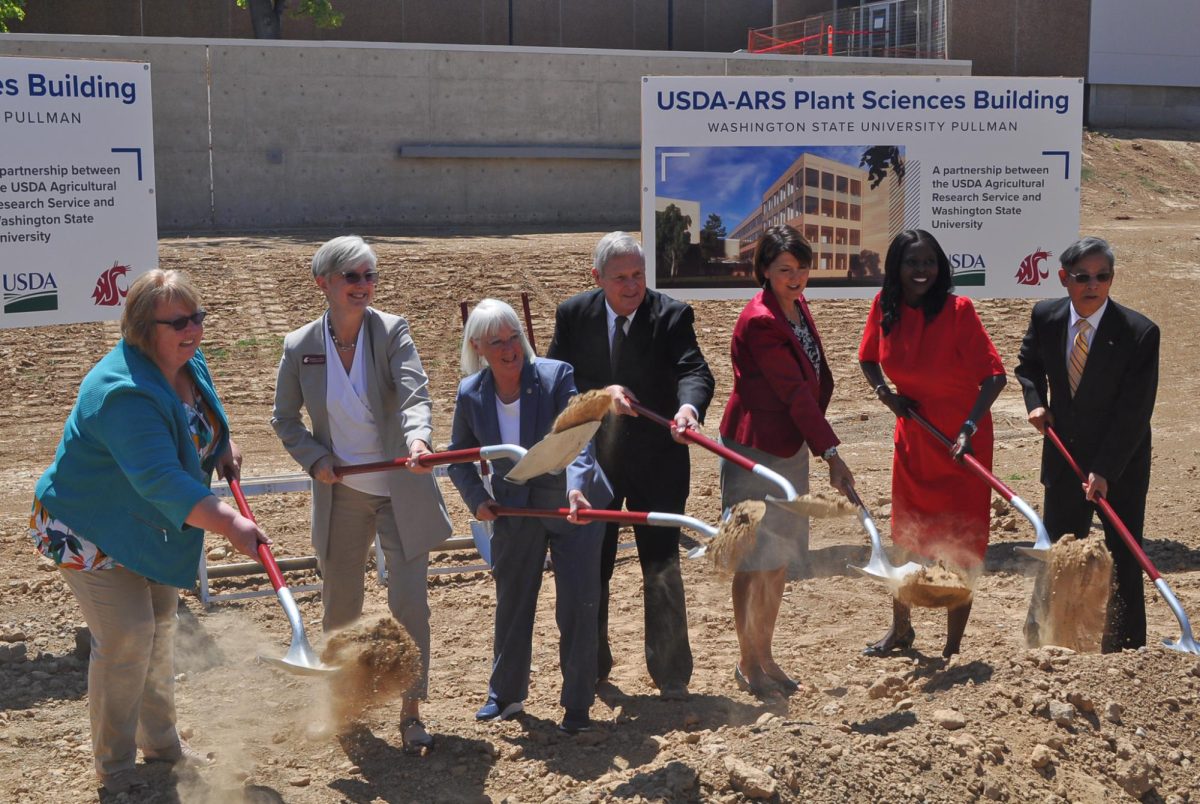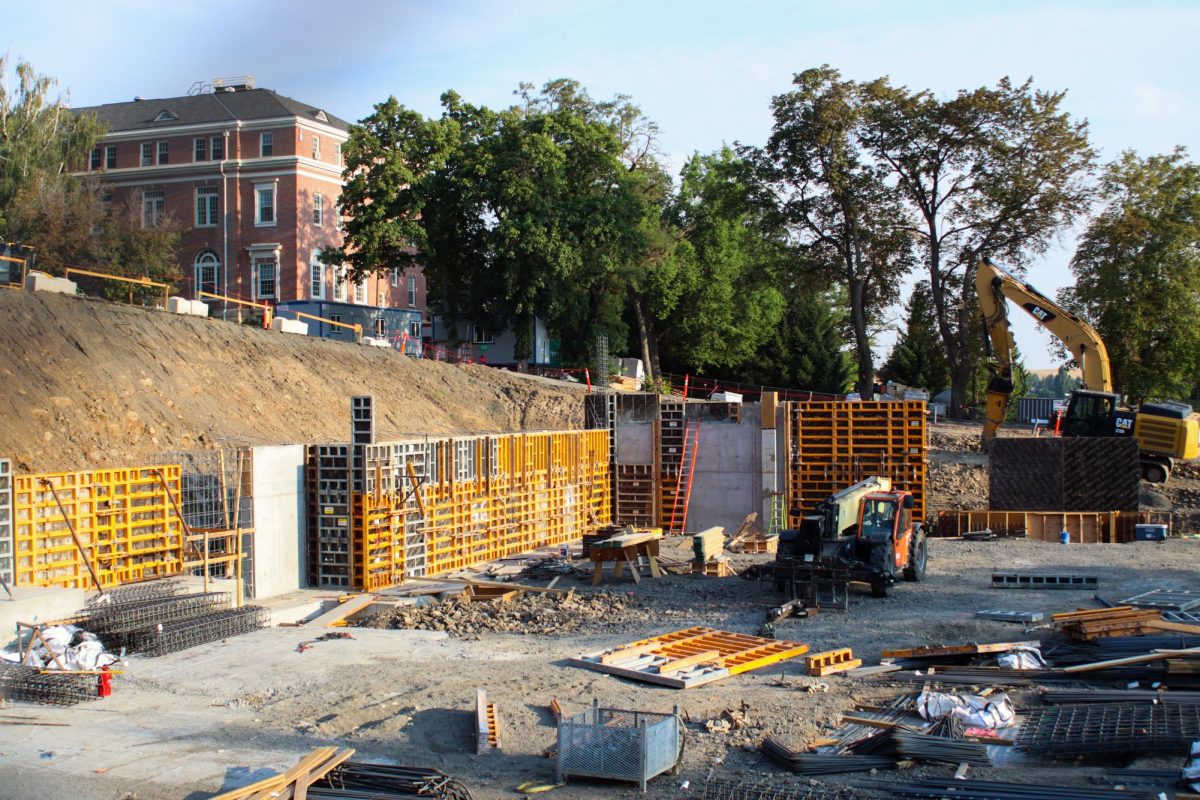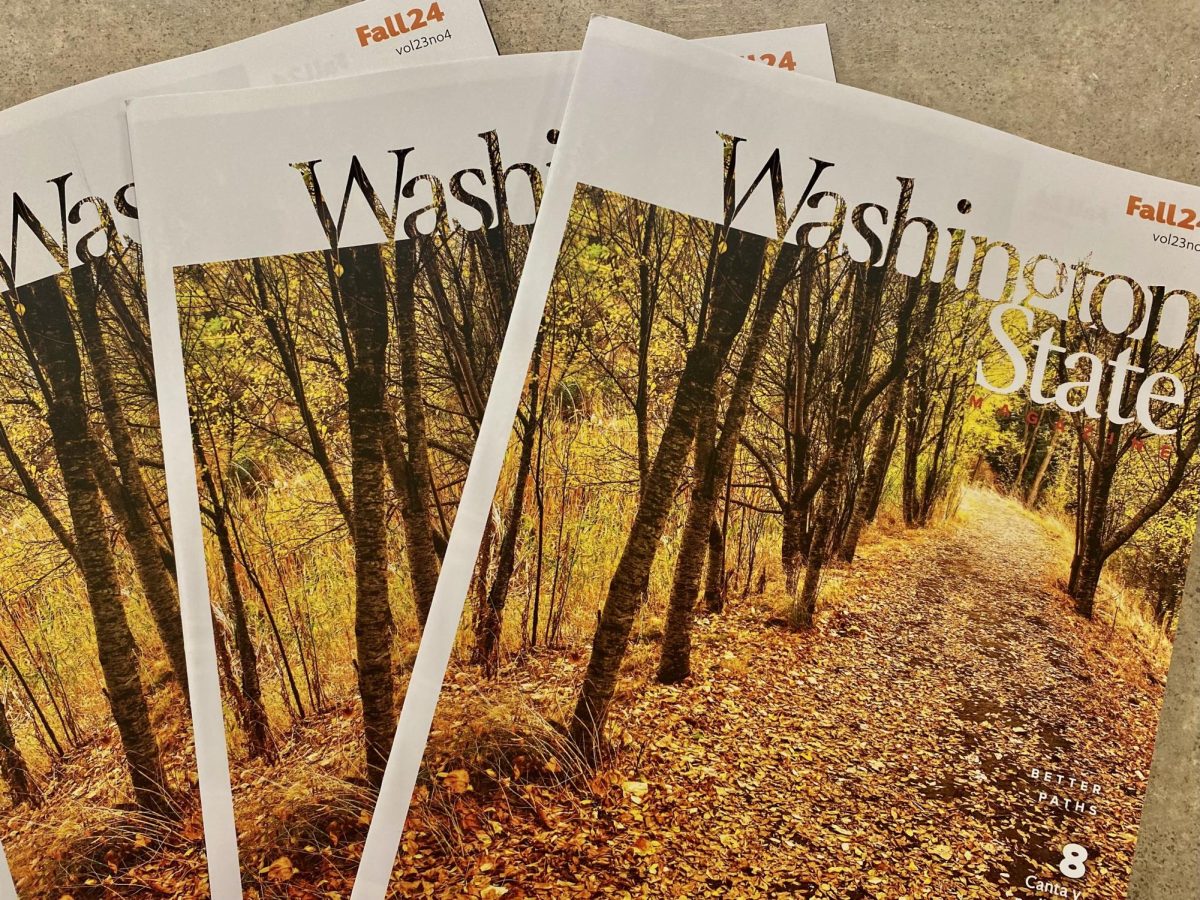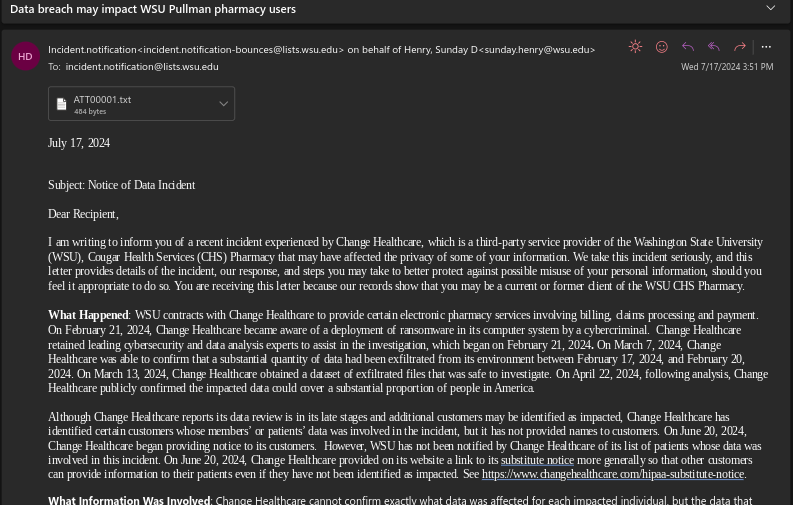Members of the UREC advisory board presented a proposal for a 5% mandatory student fee increase for the Chinook in order to combat revenue losses due to reduced enrollment at last night’s ASWSU meeting.
The Chinook sees around 1200 daily visitors, Grant Rickard, UREC advisory board chair, said. This estimate only includes people who scan into the building, excluding those who access only the main lobby or make use of Freshens’ services.
The 5% increase would apply to all undergraduate students enrolled on the Pullman campus and would be enacted starting from the 2024-25 school year if approved, Rickard said. The fee would address revenue losses as result of decreased student enrollment and increased costs of upkeep due to inflation.
“For the fall semester, it would move from a $98 fee to a $103 fee,” Rickard said. “During the summer, it would move from a $59 fee to a $62 fee.”
The Chinook fee, which was first established in 2017, is the only student fee that has not increased at all since its inception, he said.
“Even though it costs more to run the space, we are projected to collect $610,000 less this year than when [the Chinook] opened,” he said. “So as you can see, there is good reason behind this mandatory fee increase request.”
If the senate votes against the fee increase, the Chinook would have to reduce weekday building hours from noon to 10:30, which would mean that almost all morning hours for the building would be cut. This would, in turn, result in building usage and student jobs being cut as well, Rickard said.
Even if the 5% fee increase was approved, the building would still have to reduce around 20 hours per week, and there is also a possibility that the building would have to remain closed over the summer, depending on profits, he said.
“This is not a complete fix,” Rickard said, “but this is an effort to increase and keep our service where it’s at, while trying to minimize the fee that we impose on students.”
UREC Executive Director Joanne Greene said that since 2022, students who are Pullman-enrolled but are taking online classes do not pay the fee, which has resulted in the summer fee collection to decrease by more than half.
“That’s why we have a possible summer closure, because we don’t even recover our staff wages in the summer,” Greene said.
The board has already had to cut some hours from the building’s operation this year due to budget issues, she said.
“We’re trying to keep from having to ask for too much of a fee increase,” Greene said. “It would take about $13.50 per student to break even on the budget, which I recognize a 13.5% increase is a lot to ask for. But even if we did a few dollars more, we can keep some more hours.”
The advisory board is going to do everything they can to keep from cutting more hours, she said. Members of the UREC advisory board, including Rickard and Greene will be revisiting the senate floor next week to have the senators vote on the fee increase proposal.
The senators then heard from Bryce Becker, health and safety department director, who said Fentanyl testing strips for student use have arrived and will be distributed to students at the next overdose prevention and Narcan training meeting hosted by Cougar Health Services on Nov. 29.
The senators also heard monthly progress updates from representatives from the department of communications, department of university affairs, and student legal services.
The ASWSU Senate meets at 5:30 p.m. every Wednesday in CUB 204.


